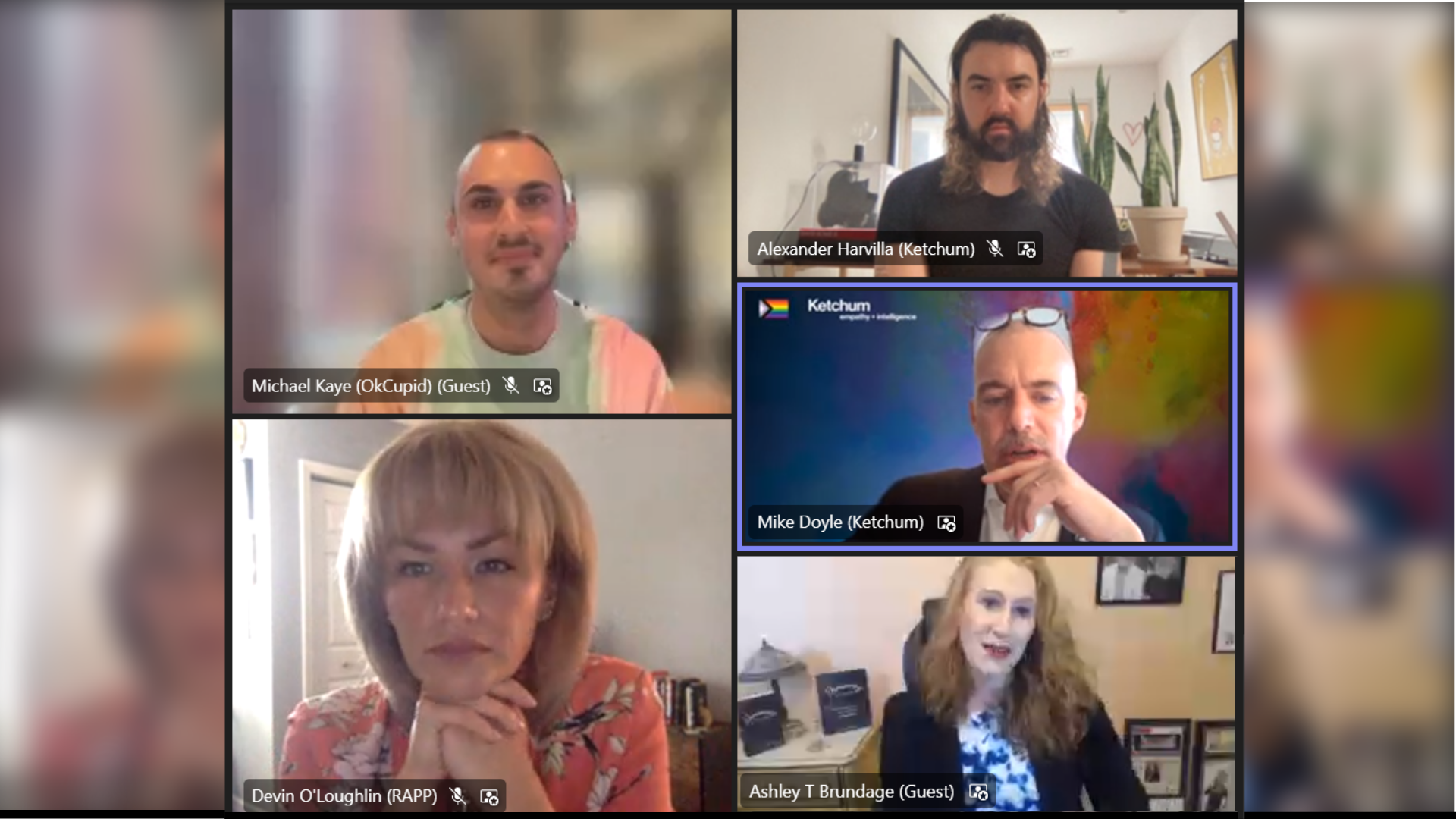When the phone rings or an email chimes its arrival to your inbox, you never know what’s on the other side. This is especially true for a crisis counselor. Ketchum’s Issues & Crisis team supports all of our 14 industry specific practices. We help clients anticipate reputational vulnerabilities and provide strategic counsel from before issues begin to percolate through full-blown reputational crises. This could be personnel, product, health, and environmental issues.

When Hurricane Florence barreled toward the United States, more than 1.7 million people were evacuated from North Carolina, South Carolina and Virginia. This was a different type of call. Thousands of first responders were streaming into the area to help save lives, and the Coast Guard Reserve was activating me.
With the Coast Guard Reserve, I’m a Public Affairs Chief and my job is to ensure the American public knows what their Coast Guard is doing. I was being sent to the front lines of the hurricane as the lead for crisis communication team at Air Station Elizabeth City. The helicopter crews there were vanguard of the massive search and rescue operations in response to the follow-on flooding and were going to be front and center with the national media.
My team was tasked ensuring the media had as much access as possible so that they could see firsthand how Coast Guard air crews were saving lives. This included securing interviews for the media with the Admirals and Commanding Officers leading the response, the helicopter pilots and crews who saved hundreds of people and their pets from rooftops and the rising water, as well embedding media with the search and rescue helicopter crews so that they could see the situation first hand. Some of these outlets were camped out with us for days.
With Coast Guard public information, there is a reputation component, but our priorities are to inform the public about safety concerns and help them to understand what we’re doing to serve the nation. From natural disasters to oil spills, terrorist attacks and national security events, I’ve been deployed around the hemisphere to support our nation and the U.S. Coast Guard. These sometimes controversial and extremely high-profile events have given me valuable experience that I leverage to help our clients at Ketchum.
There are lessons to be learned from both sides of my crisis management career.
1. Regardless of whether you’re bunkered down to weather a super storm or preparing for a product recall, preparedness is your best crisis response.
In the Coast Guard, we take courses, conduct exercises and write to tactics, techniques and procedures to prepare us for future crisis responses. When we support our clients, it’s very similar. They need a crisis plan that’s ready and tested. This allows us to guide our clients through tough situations with a disciplined and thorough approach when the need for speed and nimbleness can lead a response off course.
2. Understand your channels. Stakeholders’ needs and the communication channels for each type of disaster, crisis or issue are very different. During Hurricanes Harvey, Irma and Maria last year, people outside the areas affected by the hurricanes were naturally concerned about their friends and families. This manifested in phone calls and social media “wellness check” requests that were tying up the first responder’s command centers. This call volume would crash command centers.
As a result, we had to introduce programs to address this need since traditional means to contact first responders like 911 couldn’t handle the volume or were knocked out by damage from the storm. The lesson is simple: you have to communicate to your audiences in the channels that they use and that are available. If you’re not doing it, here could be issues that affect you in larger ways.
The channels for corporate reputation management are more complicated. Consumers expect you to have a robust social media programs and customer relationship management tools, but you don’t have access to an emergency response system like a Presidential Weather Alert that guarantees everyone sees your message. Also, the media looks at your story more critically, and that doesn’t even take into account how you need to speak to your employees or regulators. Each audience has different needs, and you’re expected to address issues on the right channels with the right voice and tone immediately.
3. Who’s in the bunker with you matters. You need an experienced team that you can rely on when the going gets tough. Not everyone can handle the pressure, and in the middle of a fight isn’t the best time to search for new friends.
I’m very fortunate that in both my military and corporate careers I’ve had skilled teams that are resilient to situational stressors. Whether I’m working across the Ketchum network or on deck with my Coast Guard shipmates, both groups of skilled communications professionals have shown me the meaning of poise under pressure and the importance of teamwork in an emergency. Much of this poise can be attributed to two things: 1) experience; and 2) preparation.
Under these tough conditions, I’ve been honored enough to help the Coast Guard communicate what’s happening during some of their most difficult responses—and help companies navigate some of their most difficult and challenging situations.
Having spent three weeks in command centers supporting two very different crises, I’m looking forward to helping our clients continue to prepare for the next media firestorm, product recall or legal matter. In both my Ketchum and Coast Guard lives, my teams never stop preparing and training to support the next response.


